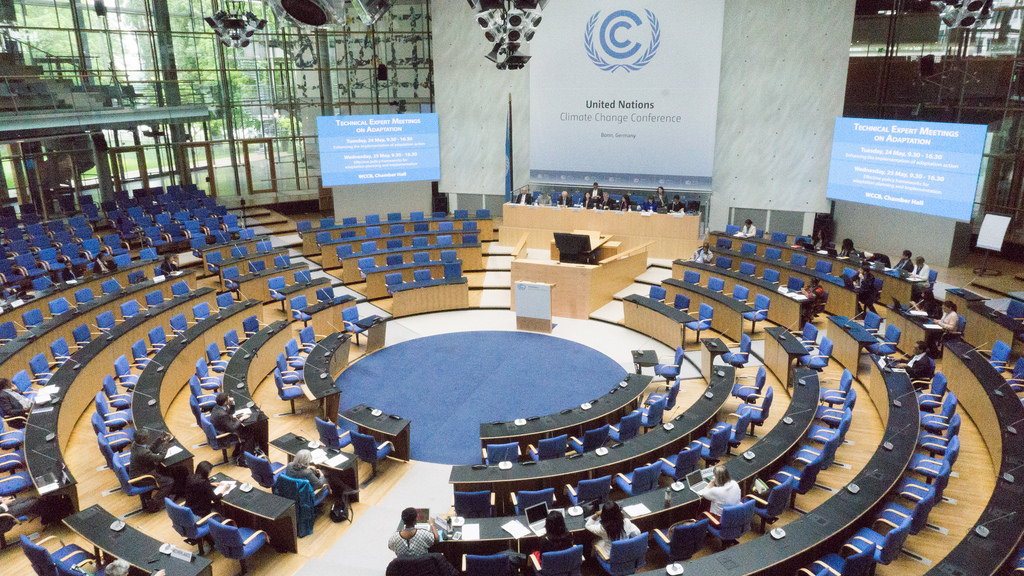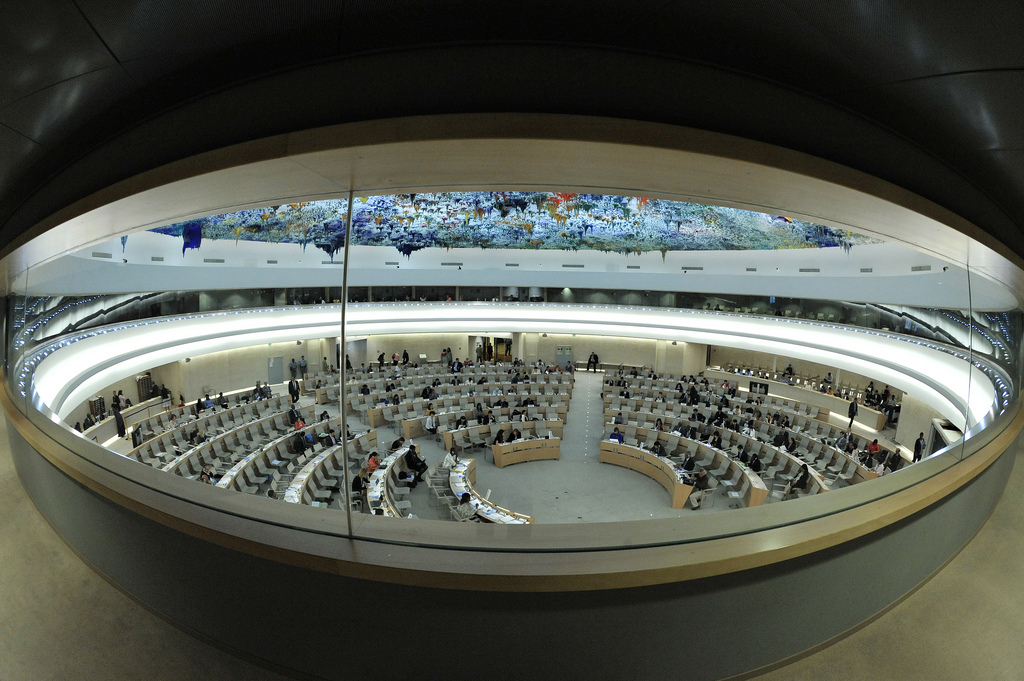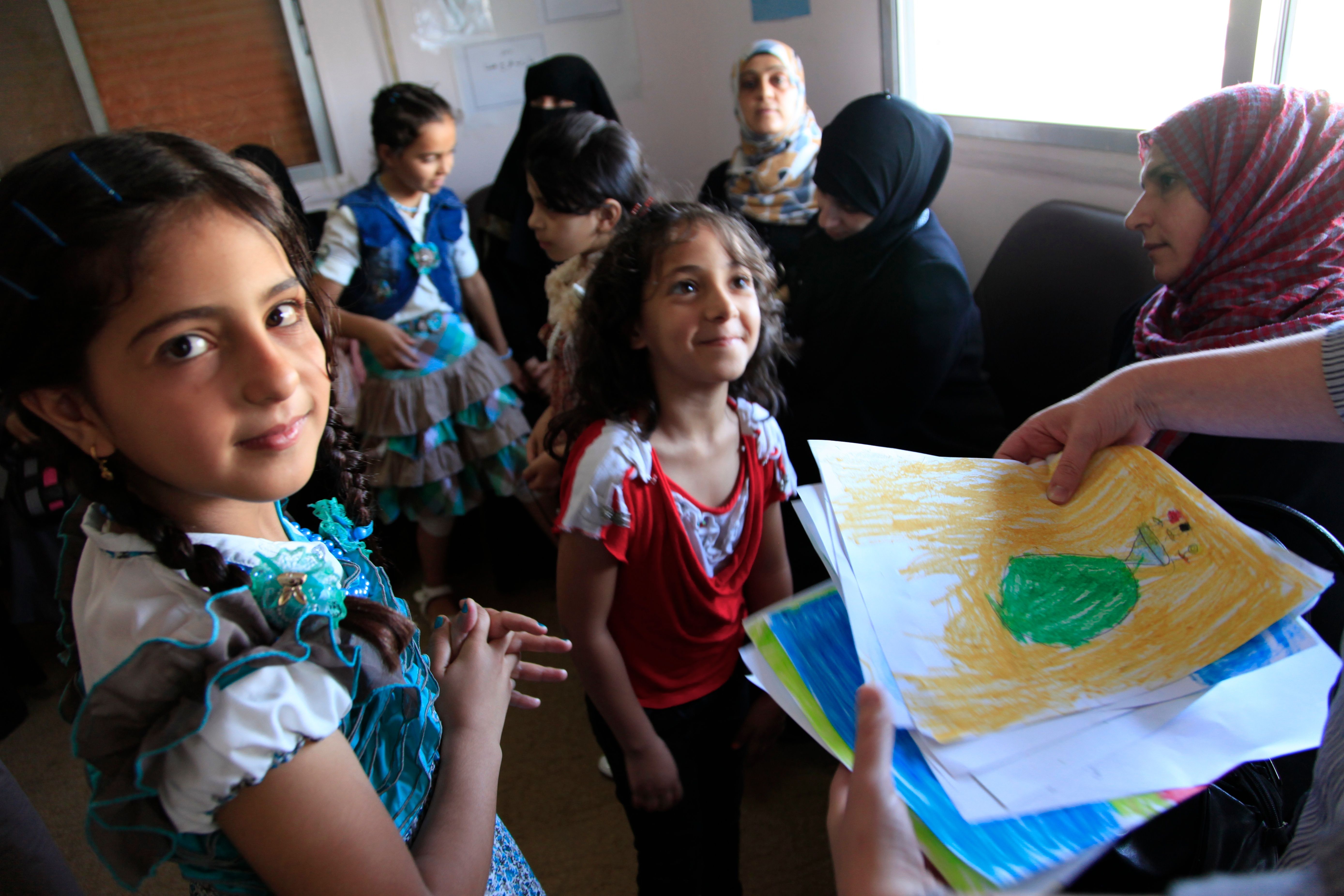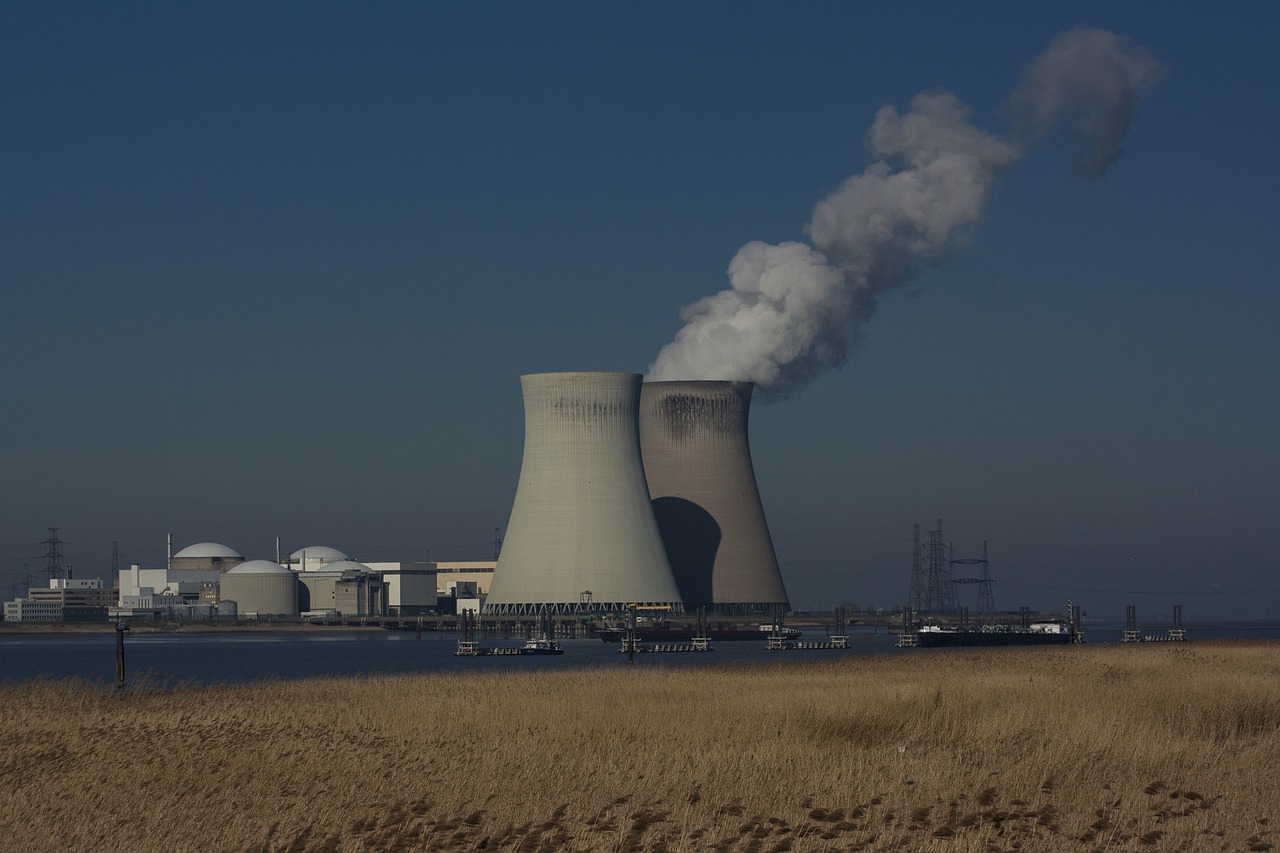Policy dead-end: Central Banks’ continued use of DSGE Models0
- Op-ed, Social and Economic Policy
- 15/11/2016
The financial crisis ushered in an era where monetary policy has been disproportionately tasked with mending a sluggish economy. Central banks have taken, far from their original remit, extraordinary, and historically unprecedented steps in an attempt to boost economic activity, stabilise financial markets and spur inflation. With central banks wielding ever-greater influence on economic policy, the continued use of questionable policy-setting models, such as the Dynamic Stochastic General Equilibrium or DSGE model, should be reviewed.
READ MORE










